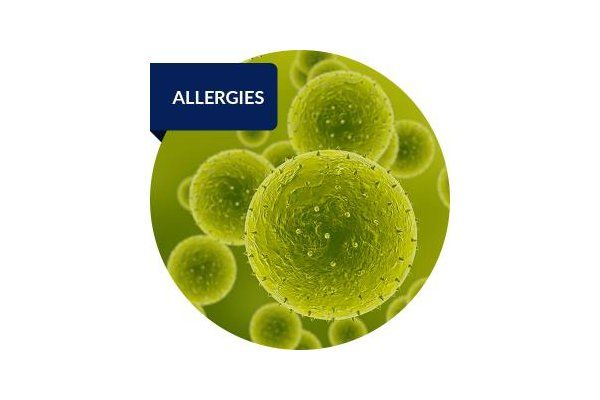
- Home
- Companies
- Neopharmed Gentili S.p.A.
- Applications
Neopharmed Gentili S.p.A. applications
Cholesterol is an organic compound belonging to the family of lipids. It performs various biological functions in the body, which are important and essential to build healthy cells, for the production of certain hormones, vitamin D and bile salts. In spite of its essential biologic function, when cholesterol circulates in the blood in concentrations that are higher than normal (hypercholesterolemia), it becomes a hazard for health, increasing the risk of developing cardiovascular diseases.
Mild Cognitive Impairment (MCI) is a clinical condition that affects one or more cognitive domains (memory, language, concentration). Nearly 900 thousand Italians are affected by it and it is prevalent from the age of 60. It is the first indicator of a disease that can become increasingly disabling and compound over time, increasing the risk of dementia. It is the transitional phase between normal aging and dementia, during which it is possible to intervene and delay the onset of the latter.
Venous disease is a clinical condition characterized by a difficult return of blood from the lower limbs to the heart, which occurs when the venous wall and/or valves in the veins of the legs do not function effectively. It affects up to 80% of the population, with a female/male ratio of 3/1.
Arthritis, a word that means painful joint, is an inflammatory process that affects the soft tissues of the joints of the human body; it is accompanied by swelling, redness, increased body temperature and pain. There are over one hundred types of arthritis, which can have several causes. The two main types of arthritis are: osteoarthritis, usually caused by normal wear and tear of the joint rheumatoid arthritis, one of the most common autoimmune diseases. Other types of arthritis can be caused by uric acid crystals, infections or even an underlying disease such as psoriasis or lupus erythematosus.
Allergy is nothing more than the immune system reacting to a generally harmless foreign substance, which is perceived as harmful by the body, such as pollen, bee venom, or pet hair (allergens). The immune system usually produces antibodies that protect the body from dangerous invaders (bacteria, virus). In case of an allergy, the immune system produces antibodies that identify a particular allergen as something harmful, even when it is not. When the immune system comes into contact with the allergen, it causes an inflammatory response which can be local or systemic, and can affect the skin, airways, eyes, etc…
Peptic ulcers (from the Greek word “peptikós”, meaning “digestive”) are lesions of the digestive canal which may interest the internal part (mucosa) of the stomach (gastric ulcers) or the upper part of the small intestine, the duodenum (duodenal ulcer). The aggression by digestive enzymes causes the wound; this occurs when the protective features of the mucous membrane are lost due to chronic inflammation or to the action of irritants. The most frequent cause is an infection cause by a bacteria called Helicobacter pylori (Hp).
A bacterial infection is defined as the penetration and subsequent multiplication of harmful bacteria into the tissues and/or blood of more complex organisms. In order for an infection to occur in humans, the pathogenicity of the bacteria must exceed the defensive capacity of the organism; otherwise, the germs are destroyed without obvious damage to the host tissues. An infectious disease is a set of local and/or general symptoms resulting from a bacterial infection, and it is the result of the interaction between the microbial agent and the body’s immune defences.






